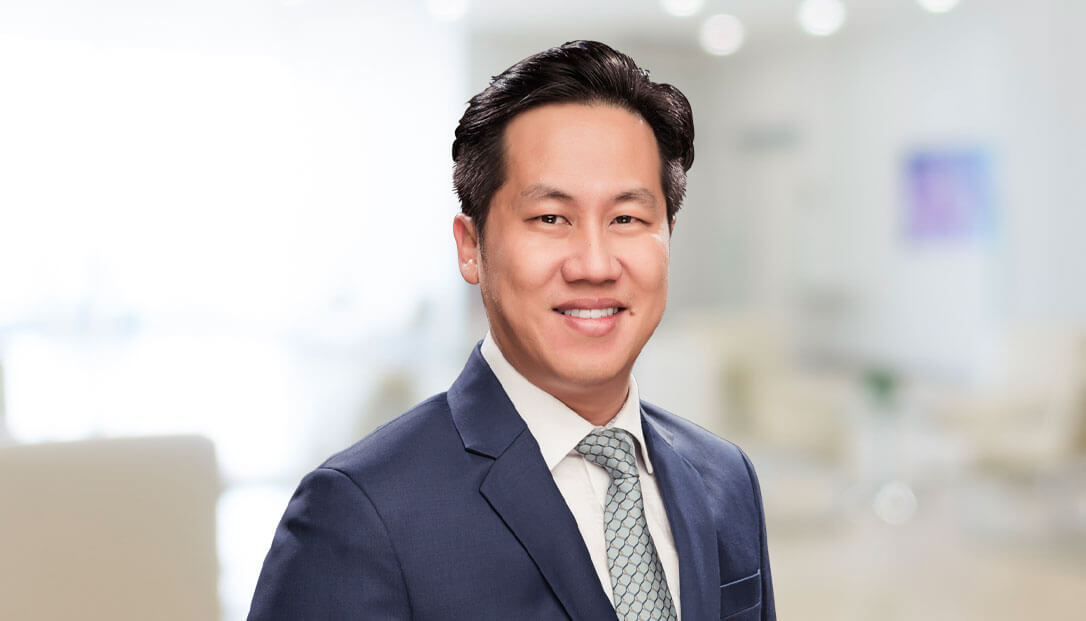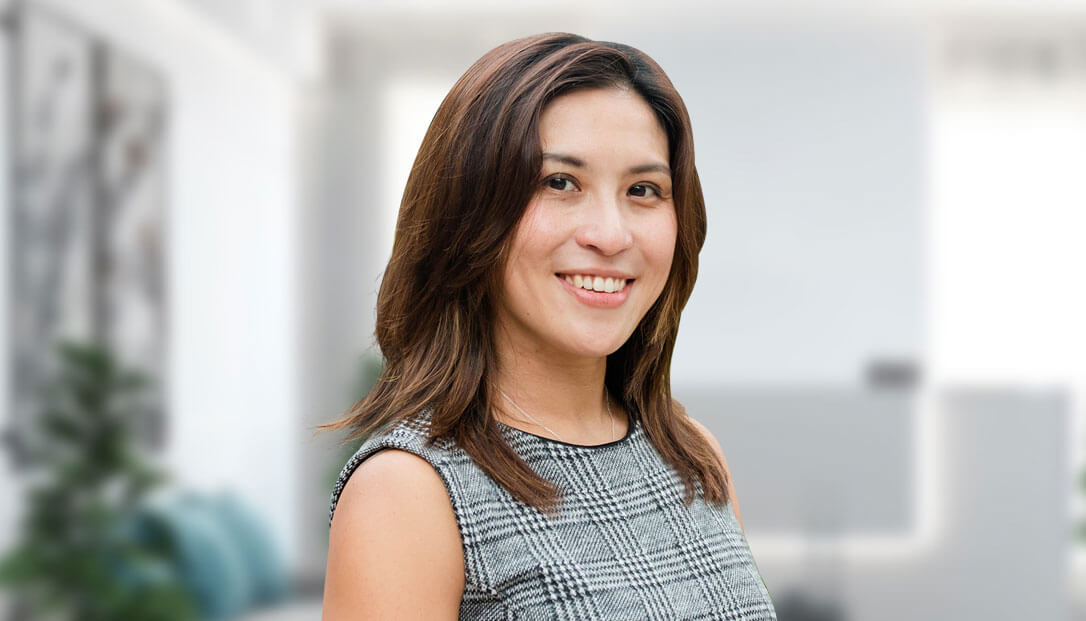Piles FAQs
Can piles turn cancerous?
How can I prevent piles from developing?
Is it safe to use over-the-counter creams for piles?
In some cases, haemorrhoid creams and suppositories sold in pharmacies can help relieve symptoms like itching, pain and swelling. However, they treat the symptoms, not the root cause. If symptoms persist or worsen, you should see a doctor.
Are piles common during pregnancy?
Yes. Pregnant women frequently develop piles due to increased pressure from the growing womb, hormonal changes, and constipation. Most cases improve after delivery, but some may require treatment.
Are piles treatments in Singapore covered by Medisave or insurance?
- Medisave: Can usually be used for day surgery or inpatient haemorrhoid procedures.
- Private insurance/Integrated Shield Plans: Coverage varies, so it is best to check with your insurer.
Please call our clinic at 6262 1226 for an exact breakdown of costs and claims.
Can I exercise if I have piles?
Yes. Light to moderate exercise (like walking, swimming, yoga) can help improve bowel movements and reduce pressure on the rectum. However, avoid heavy lifting and straining exercises that worsen piles.
What foods should I avoid if I have piles?
Try to limit these foods as they can worsen constipation or cause irritation:
- Spicy foods
- Low-fibre foods
- Excessive red meat
- Alcohol and caffeine
Can piles be diagnosed without an invasive test?
Yes. External piles are visible and internal piles can often be felt during a digital rectal exam.
Can piles be mistaken for something else?
Yes, conditions like anal fissures, fistulas, or colorectal cancer can mimic piles. This underscores the importance of getting proper medical attention to rule out more serious conditions and provide appropriate treatment.
Our Surgeons

Dr Dennis Koh
Medical Director & Senior Consultant Surgeon
B Med Sci (Nottingham), MBBS (Nottingham),
MMed (Surgery), FRCS (Edinburgh), FAMS
Dr Dennis Koh is an MOH-accredited and experienced colorectal surgeon who specialises in piles treatment and is currently the Medical Director at Colorectal Practice.
Dr Koh strives to provide a customized treatment plan for each patient, which allows for better outcomes. He also honed his skills in proctology abroad in Geneva, bringing a more diverse touch to his practice.

Dr Sharon Koh Zhiling
Senior Consultant Surgeon
MBBS (Singapore), MMed (Surgery),
FRCS (Edinburgh), FAMS
Dr Sharon Koh is an experienced colorectal surgeon and the former Director of Endoscopy at Alexandra Health.
Dr Koh completed her fellowship at Cedars-Sinai Medical Centre in the US after being awarded the Academic Medicine Development Award by the National University Hospital.

Dr Pauleon Tan Enjiu
Senior Consultant Surgeon
MBBS (Singapore), MMed (Surgery),
FRCS (Edinburgh), FACS
Dr Pauleon Tan has served in public hospitals for over 15 years and is experienced in minimally invasive surgery and endoscopy.
Dr Tan undertook advanced colorectal surgical training at Japan’s Saitama International Medical Center after being awarded the Ministry of Health – Health Manpower Development Plan (HMDP) Award.


